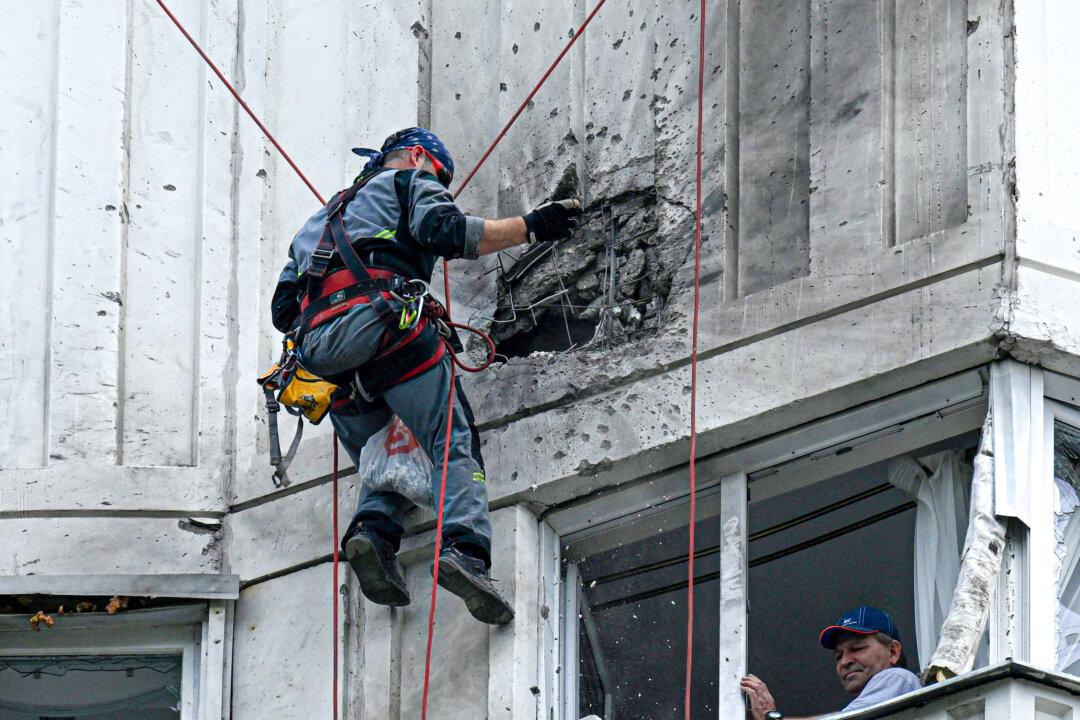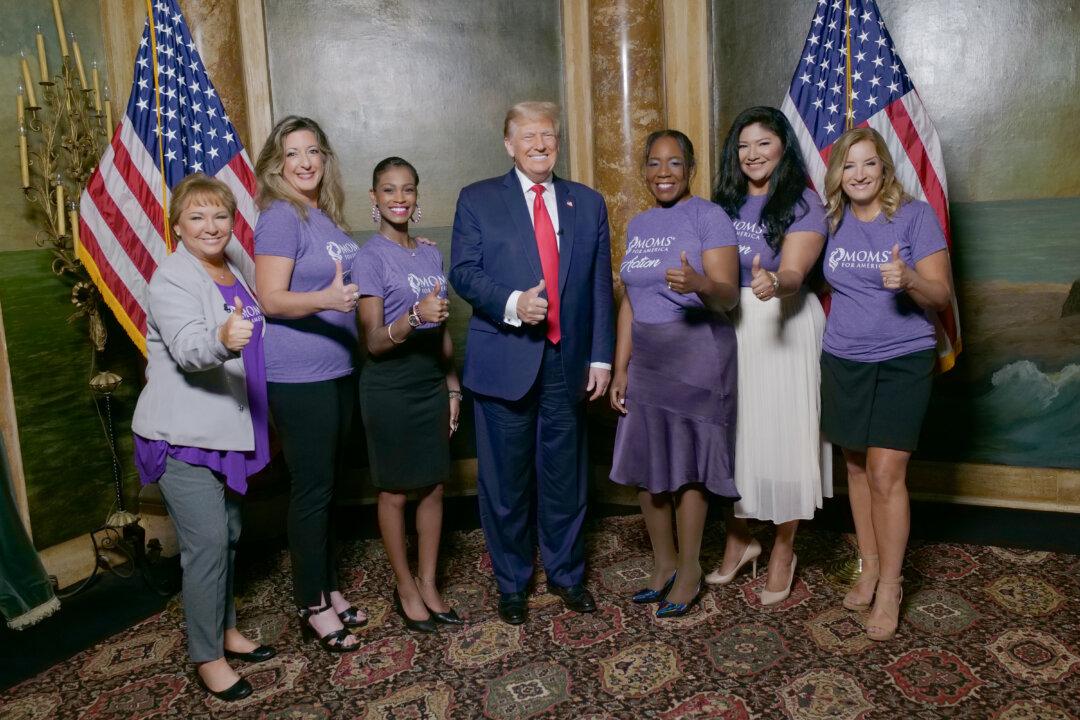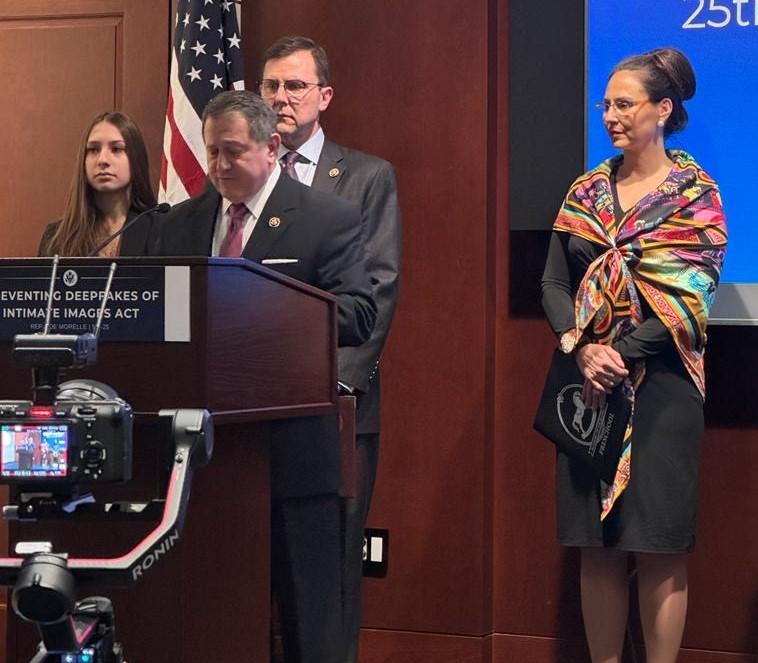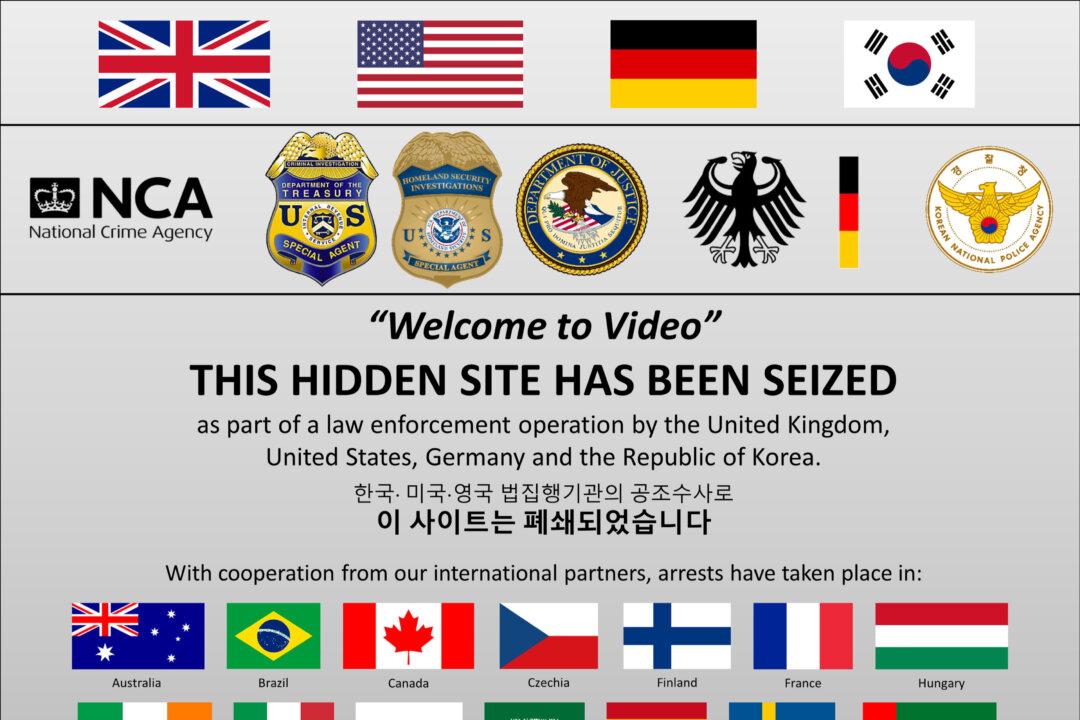The Biden administration, which has stalwartly and generously supported Ukraine in its resistance to the Russian invasion of its homeland—with that backing including money, weapons, equipment, training, and other resources valued at tens of billions of dollars–has been put on the defensive with reports that Ukraine conducted an attack on Russian civilians.
As well, there is speculation that Ukraine may have used weapons it received from the United States in the attack.





